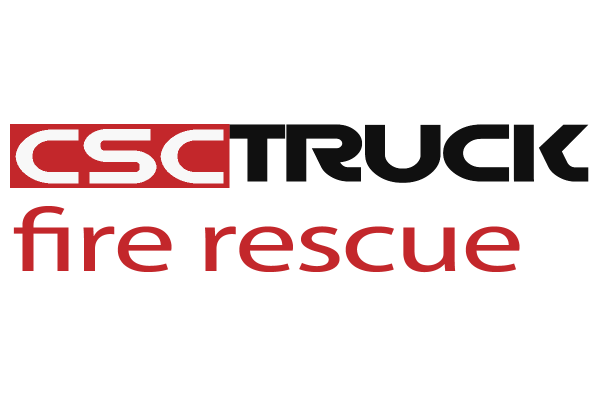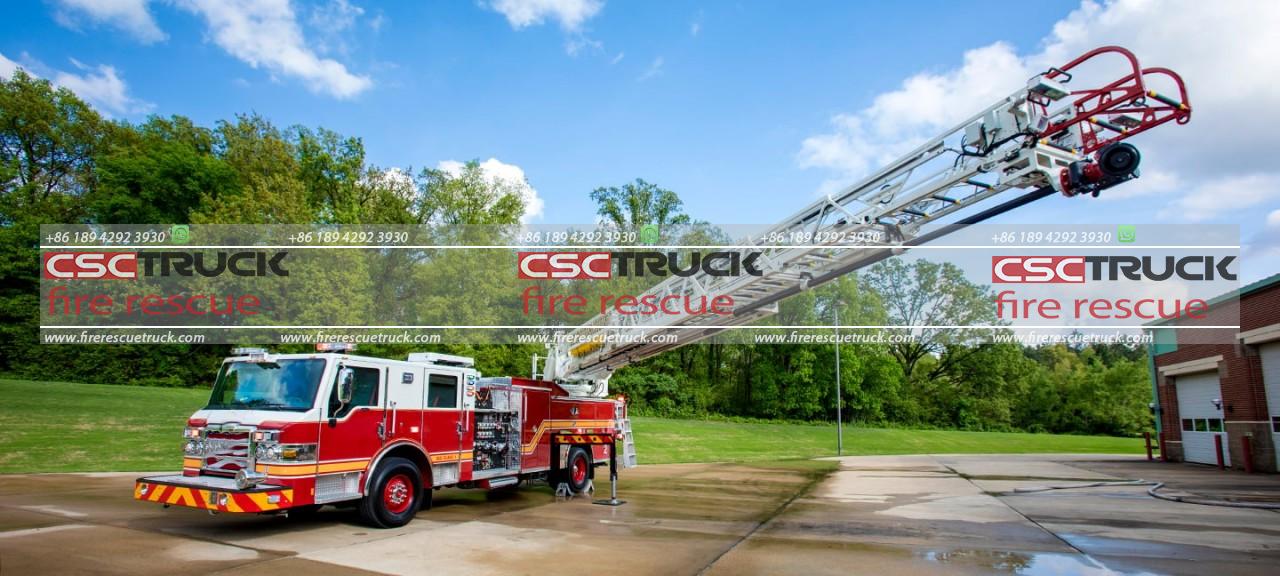Fire trucks, with their imposing presence and vital role in public safety, are often seen rushing to emergencies, sirens blaring and lights flashing. Their importance in firefighting operations is undeniable. But have you ever wondered if an ordinary civilian can purchase one? In this article, we delve into the intriguing question: Can a civilian buy a fire truck? Yes, we can.
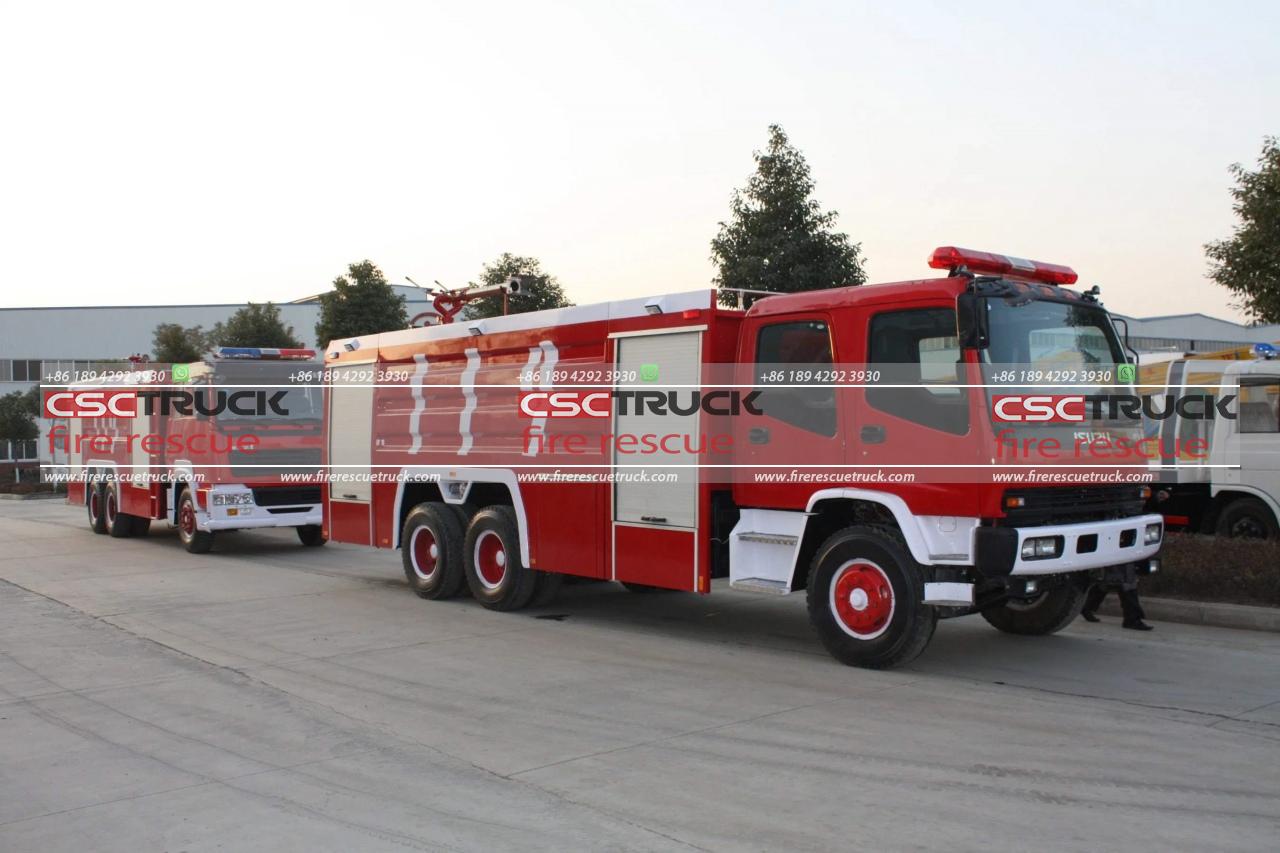
Understanding Fire Trucks:
Before delving into the possibility of civilian ownership, it’s essential to understand what a fire truck is and its various types. Fire trucks, also known as fire engines or apparatus, are specially designed vehicles equipped with firefighting equipment such as hoses, water tanks, pumps, and ladders. They come in different configurations, including pumpers, aerial ladder trucks, and rescue trucks, each serving specific firefighting needs.
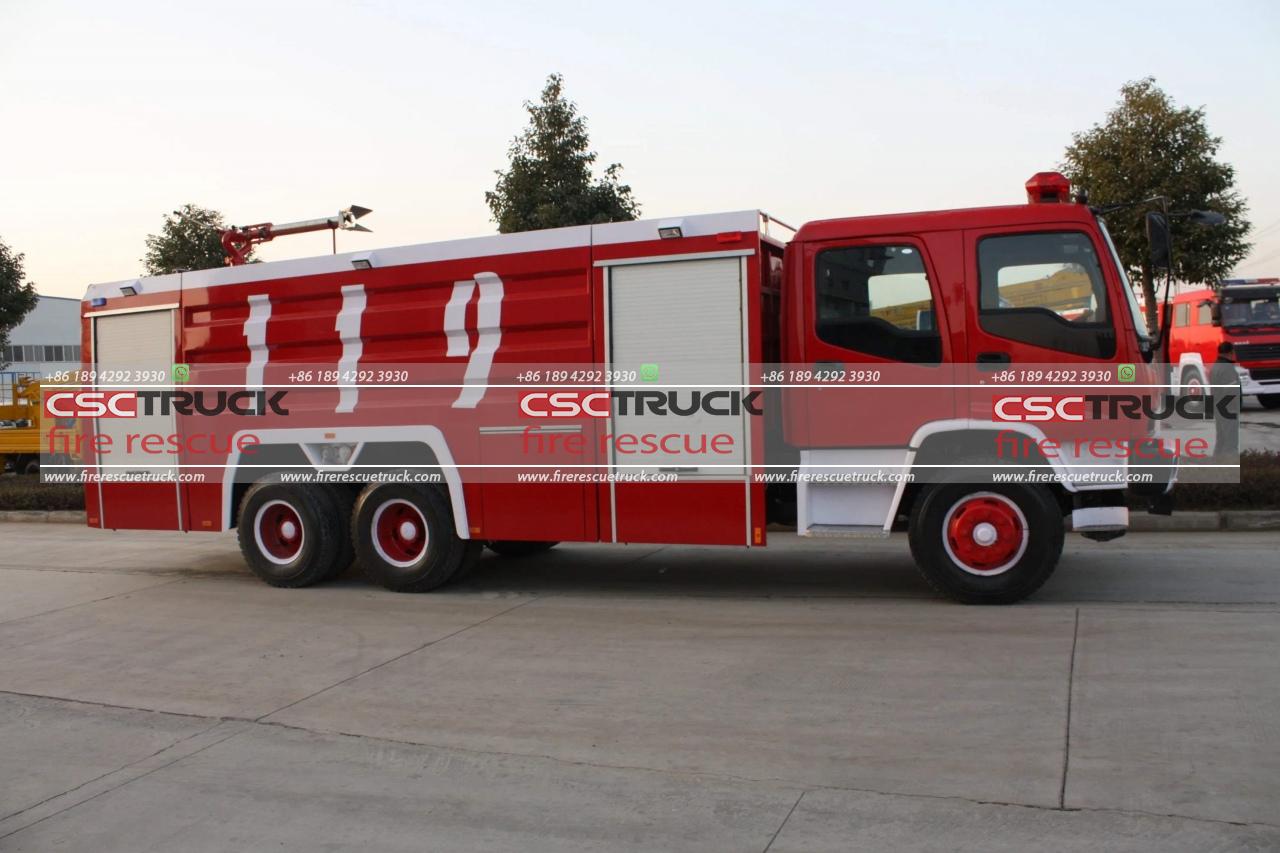
Regulations and Legal Considerations:
One of the primary factors determining whether a civilian can purchase a fire truck is the legal framework surrounding their ownership. Regulations regarding the ownership and operation of emergency vehicles vary depending on jurisdiction. In many places, fire trucks are considered specialized vehicles and are subject to strict regulations.
In some areas, it may be possible for civilians to purchase decommissioned fire trucks through auctions or specialized dealerships. However, even in such cases, there are often restrictions on how these vehicles can be used. For example, they may not be permitted for use on public roads or may require modifications to comply with safety regulations.
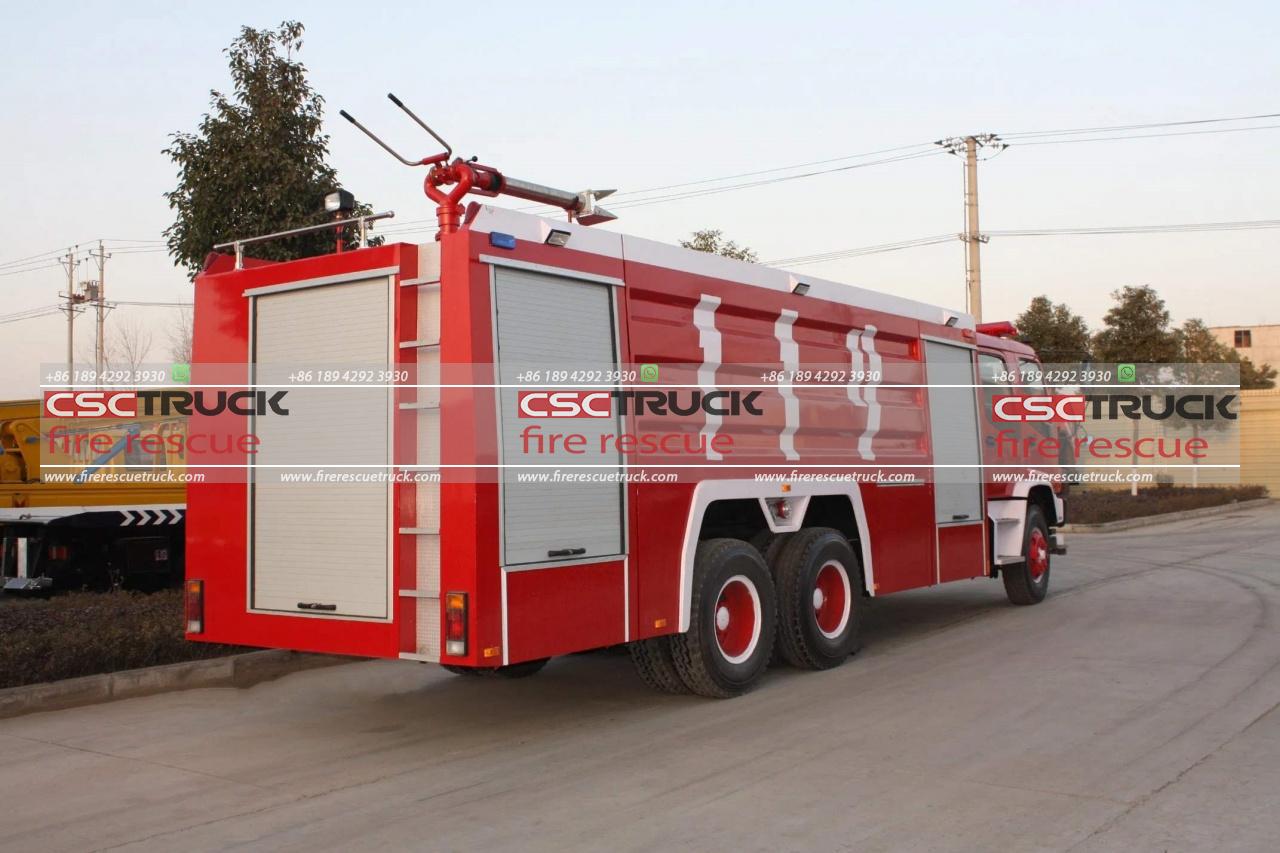
Purpose and Intended Use:
Another crucial aspect to consider is the purpose and intended use of the fire truck. While some individuals or organizations may wish to acquire a fire truck for novelty or recreational purposes, others may have more practical intentions, such as using it for private firefighting services or as part of a disaster response team.
Private firefighting services, although relatively uncommon, do exist in some areas, particularly in regions prone to wildfires or where municipal firefighting resources are limited. In such cases, civilians or private companies may invest in specialized firefighting equipment, including fire trucks, to protect their properties or provide assistance to their communities in times of need.
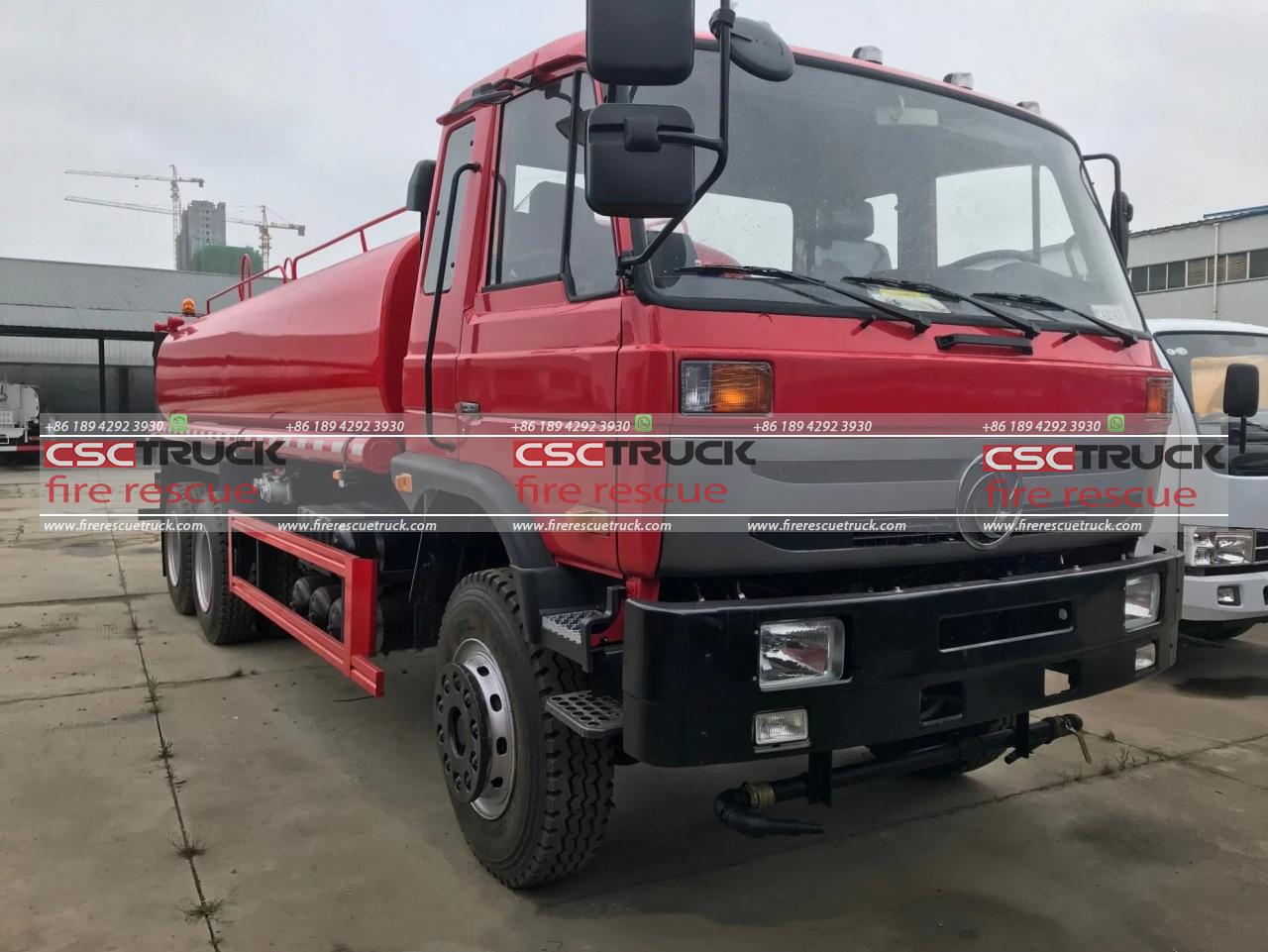
Cost and Maintenance:
The cost of purchasing and maintaining a fire truck can be significant, making it prohibitive for many individuals. Fire trucks are complex machines designed to withstand rigorous use in challenging environments, and their maintenance requirements reflect this. Routine inspections, servicing, and repairs are essential to ensure their reliability and effectiveness in firefighting operations.
In addition to the initial purchase cost, owners must consider ongoing expenses such as insurance, fuel, and storage. Depending on the size and capabilities of the fire truck, fuel consumption can be substantial, especially for larger vehicles with powerful engines. Moreover, storing a fire truck requires adequate space and may necessitate compliance with local zoning regulations.
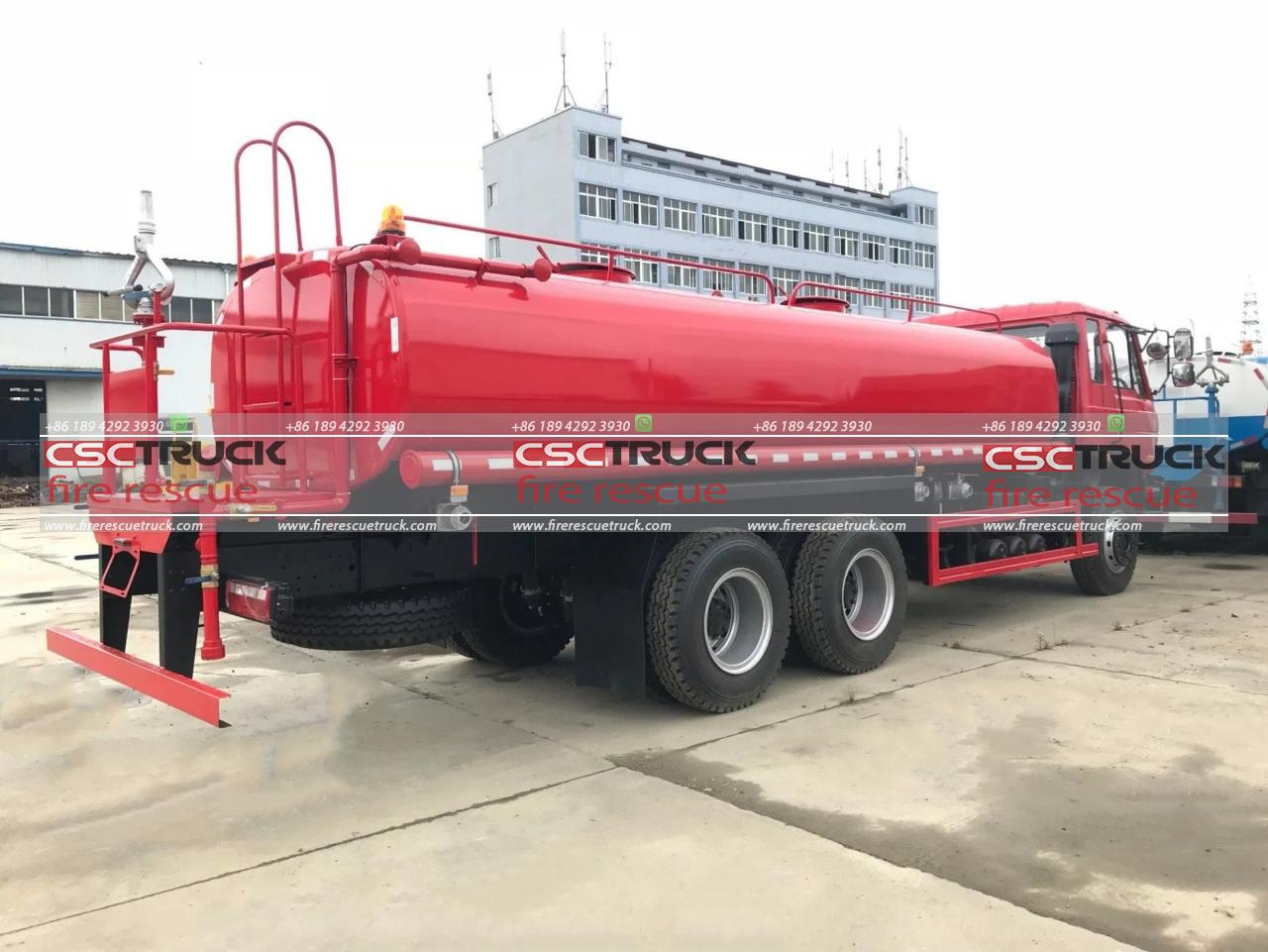
Community Impact and Responsibility:
Owning a fire truck, particularly for private use, comes with a considerable responsibility to the community. While it can provide a sense of security and preparedness, it also requires proper training and adherence to safety protocols to avoid accidents or misuse. In emergencies, civilians operating fire trucks must coordinate effectively with local authorities and emergency services to ensure a cohesive response.
Furthermore, the presence of privately owned fire trucks can raise questions about equity and access to essential services. In communities where municipal firefighting resources are limited, relying on private individuals or companies for firefighting assistance may exacerbate existing disparities. It’s essential to consider the broader implications of private ownership of firefighting equipment and its potential impact on public safety and welfare.
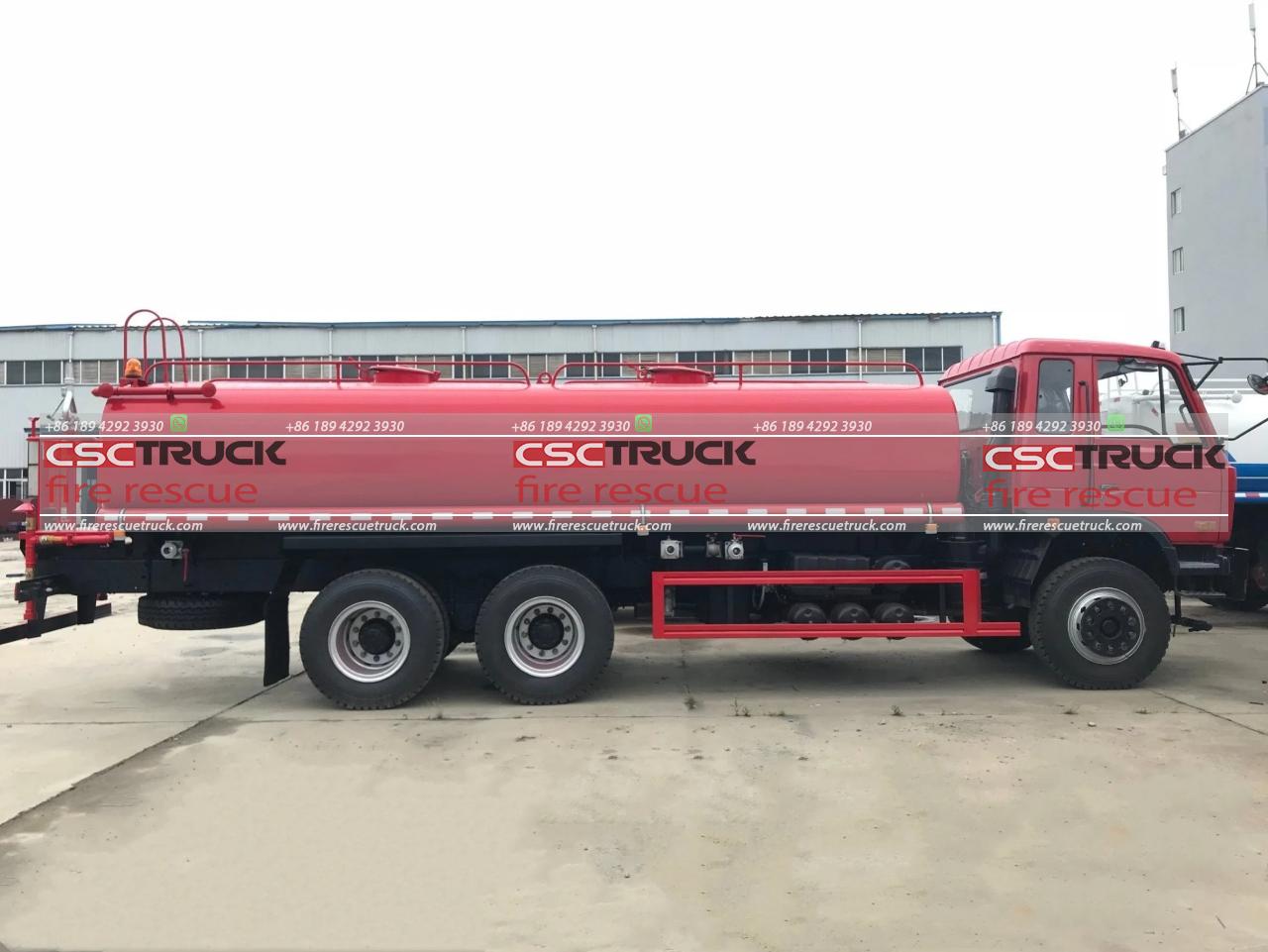
Conclusion:
In conclusion, while it may be possible for civilians to purchase fire trucks under certain circumstances, it is not a straightforward endeavor. Legal regulations, intended use, cost considerations, and community impact all play significant roles in determining the feasibility and practicality of civilian ownership. While the idea of owning a fire truck may hold appeal for some, it’s essential to approach the matter with careful consideration of its implications and responsibilities. Ultimately, the primary focus should remain on ensuring the safety and well-being of communities through effective firefighting services and emergency response mechanisms.
